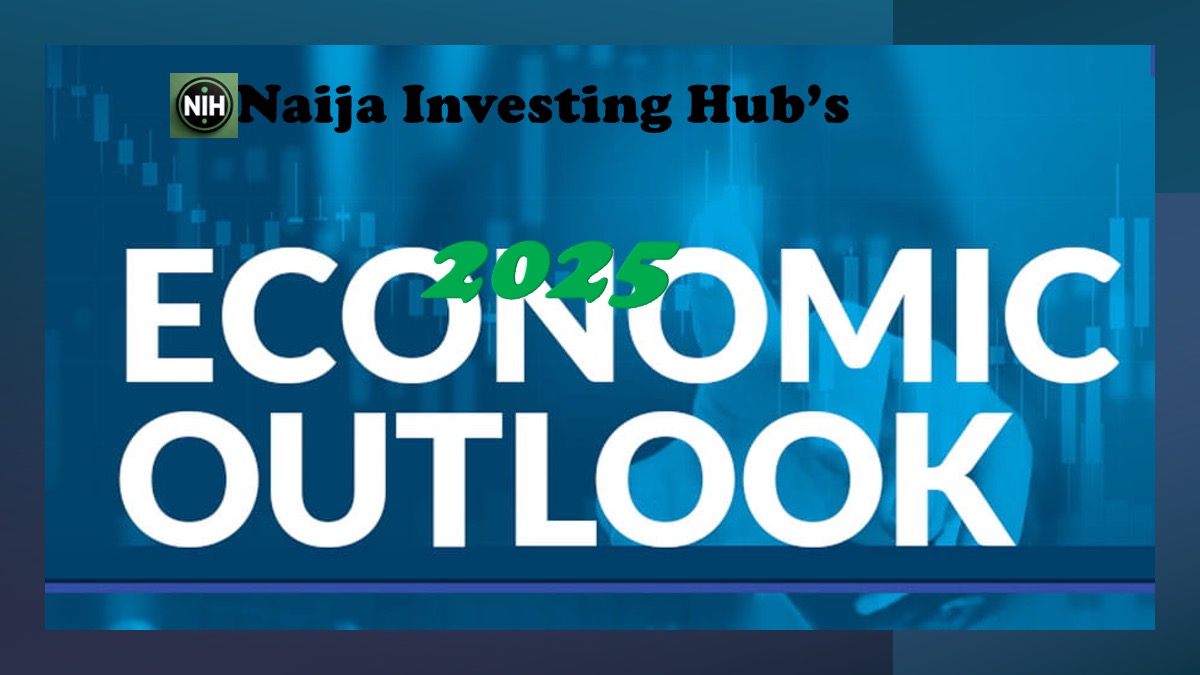As 2024 comes to a close, Nigeria’s economic trajectory holds a blend of opportunities and challenges for investors. With GDP growth stabilizing, inflation moderating, and key reforms underway, the investment landscape in 2025 is set to reflect the country’s efforts to balance growth and economic stability.
Economic Growth Forecast
According to recent government and international reports, Nigeria’s GDP is expected to grow at a moderate pace of 3.5% in 2025, up from an estimated 3.0% in 2024. Key drivers of this growth include:
- Increased Oil Revenue: Oil prices are projected to remain steady, contributing to export revenues and government budgets.
- Diversification Efforts: Non-oil sectors like agriculture, technology, and manufacturing are gaining momentum, thanks to government incentives and private sector participation.
- Infrastructure Investments: Projects in transportation, energy, and technology infrastructure are expected to accelerate economic activities across regions.
Inflation Trends
Nigeria’s inflation rate, which peaked above 30% in 2024 due to global supply chain disruptions and domestic challenges, is forecasted to drop to around 25% by mid-2025. Key factors behind this expected moderation include:
- Stabilizing exchange rates due to CBN interventions.
- Improved agricultural output, easing food inflation.
- Reduced energy cost volatility through targeted subsidies and reforms.
Sectoral Opportunities
- Technology and Innovation:
Nigeria’s tech sector continues to attract foreign direct investments (FDI), with startups in fintech, agritech, and healthtech leading the charge. Government-backed tech hubs and accelerators will likely fuel further growth. - Agriculture:
With renewed focus on mechanization and export-oriented policies, agriculture offers significant opportunities for investors looking at long-term yields. - Energy Transition:
The push towards renewable energy and Nigeria’s potential as a green energy hub will be key areas for investment, particularly in solar and wind energy. - Real Estate and Construction:
Urbanization trends and infrastructure projects will drive demand for residential and commercial properties, presenting lucrative opportunities in the real estate sector.
Challenges Investors May Face
- Policy Risks:
While reforms are underway, inconsistency in implementation or regulatory uncertainty could affect investor confidence. - Security Concerns:
Pockets of instability in certain regions remain a challenge for businesses and investments. - Global Economic Headwinds:
The impact of global monetary tightening and potential geopolitical tensions may influence Nigeria’s external trade and FDI inflows.
Key Investment Strategies for 2025
- Diversification:
Investors should diversify across sectors to mitigate risks associated with Nigeria’s cyclical economic activities. - Long-Term Focus:
Patience will be essential as infrastructure and policy reforms take time to yield measurable outcomes. - Leverage Local Expertise:
Partnering with local firms or advisors can help navigate the regulatory landscape and cultural nuances effectively.
Conclusion
Nigeria’s economic growth outlook for 2025 presents a cautiously optimistic scenario. While challenges persist, the opportunities in high-growth sectors like technology, agriculture, and energy are compelling. By adopting a balanced and informed investment approach, investors can position themselves to benefit from Nigeria’s evolving economic landscape.

Leave a Reply